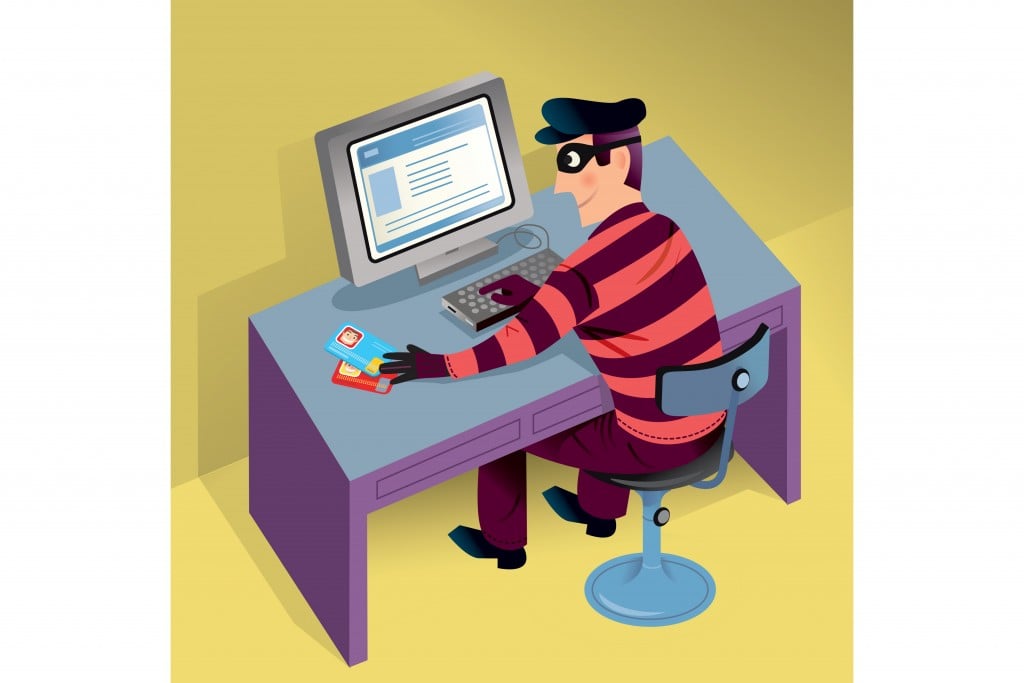5 Steps to Stopping Fraud

By Brian Ishikawa, Senior Vice President of Corporate Security, Bank of Hawaii
During this challenging economic time, it’s more important than ever for businesses to protect their money. No one is immune from fraud, but there are ways to reduce your risk:
Develop a Fraud-Awareness Mindset
Executives who were victimized in catastrophic embezzlement cases thought internal fraud would never happen to them or their companies. The first step to preventing fraud is to accept that “It can happen here.” Without this mindset, no sense of urgency will be present to establish the needed controls and preparations.
Create Adequate Controls
Develop policies and procedures specifically to deter fraud:
- Utilize generally accepted accounting principles;
- Segregate duties appropriately;
- Use dual-custody controls for important duties involving access to a safe, cash, and other important physical and electronic records.
Technology is another valuable tool. Use it to create detection methods and consider using software that automatically detects fraud.
Consider internal embezzlement training, too, as it is one of the most effective tools to deter internal fraud. A key topic in the training should emphasize, “It is wrong to lie, cheat or steal,” because “When you are caught, you will be prosecuted to the fullest extent of the law.”
Ensure Controls Are Used
Anti-theft policies, procedures and controls must be put into practice. Controls should be tested often because employees tend to circumvent anti-fraud controls for the sake of efficiency. A strong internal audit program will ensure that policies and procedures are being followed.
Make sure that controls evolve and grow with the company. When changes occur in strategies, operations and key management personnel, controls should be reassessed.
Create a Response Program
Establish a policy and mandatory process to report suspicious activity, known or suspected criminal activity, and violations of your company’s policies and business code of conduct and ethics.
An anonymous hotline can collect what your employees know but may hesitate to disclose without anonymity.
Identify key company representatives and responses ahead of time. One person should be responsible for managing a fraud investigation, overseeing the disciplinary decision-making process, and guiding the company’s general philosophy regarding prosecution. Will the company push to prosecute the perpetrator plus sue in a civil case to recover losses? Who will handle media inquiries and any necessary reporting to regulatory authorities or key vendors?
Your program should also track fraud incidents to analyze trends and associated risks.
Develop a Corporate Culture Based on Integrity
Develop a corporate culture based on integrity and convey the value of responsibility for one’s actions in the workplace. The message of discipline must start at the top and work its way into every aspect of the company.
Fraud will continue to happen, but by taking these proactive steps to plan and train employees, you will greatly reduce your company’s risk.






